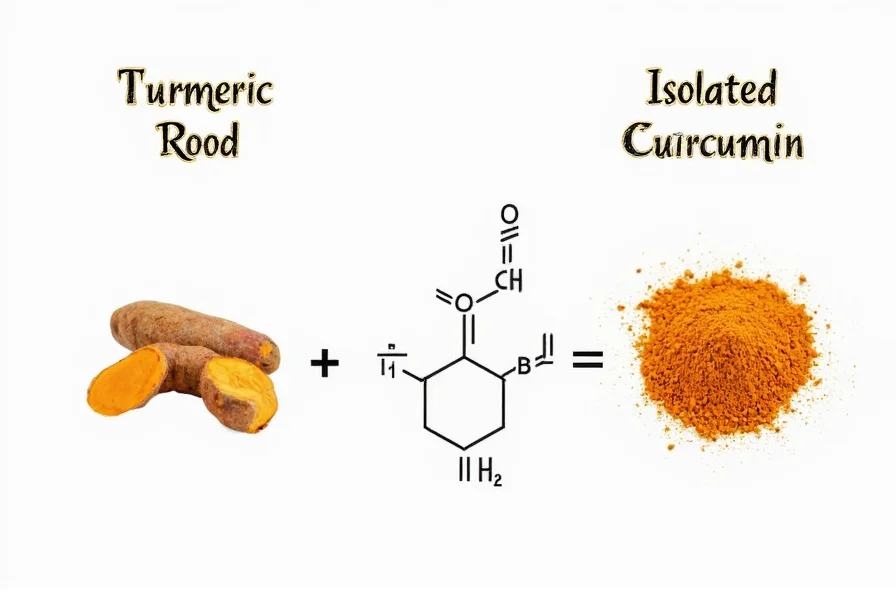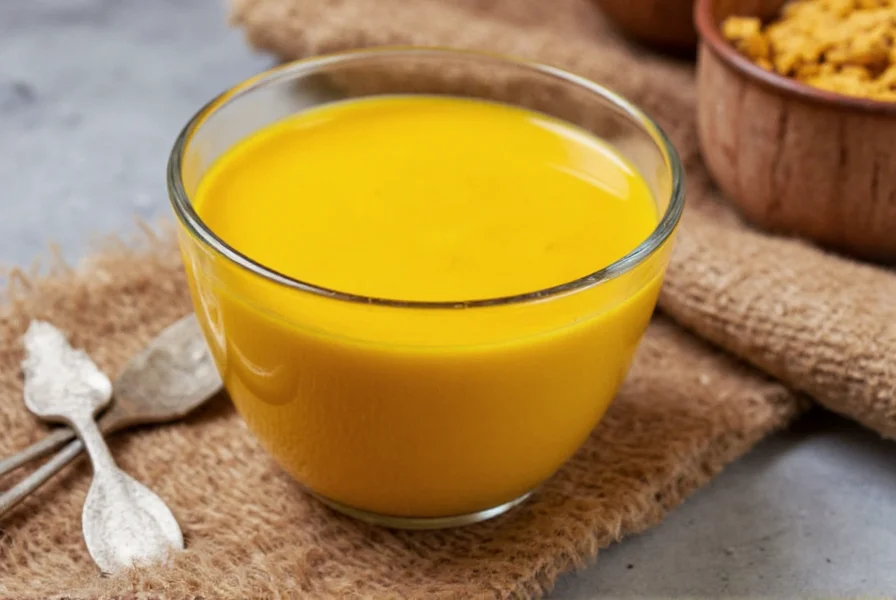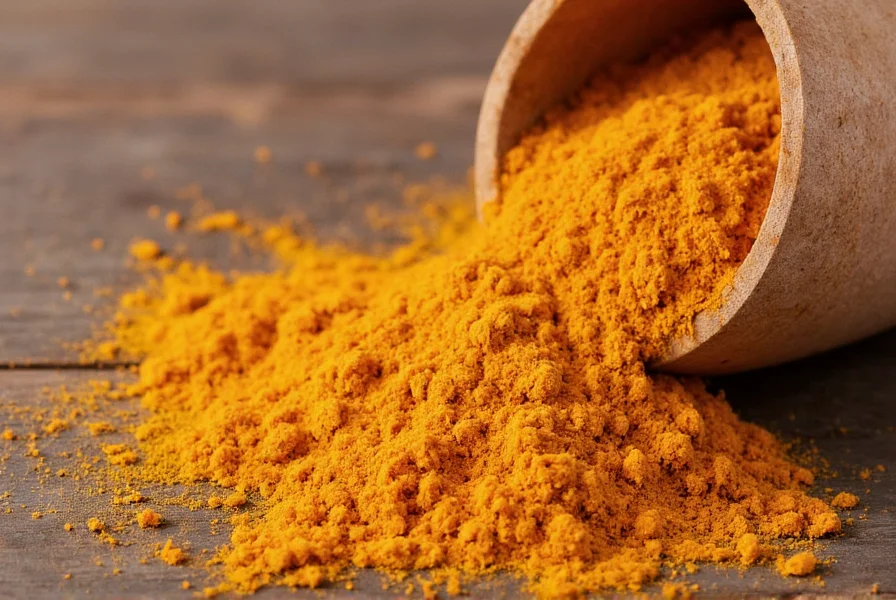Turmeric and curcumin have gained significant attention in both traditional medicine and modern scientific research. While often used interchangeably, they're distinct entities with different properties and benefits. Understanding what turmeric and curcumin are good for requires examining the scientific evidence behind their purported health effects.
Understanding Turmeric vs. Curcumin
Turmeric (Curcuma longa) is a bright yellow spice commonly used in Asian cuisine and traditional Ayurvedic medicine for thousands of years. The rhizome (root) of this plant contains several bioactive compounds called curcuminoids, with curcumin (diferuloylmethane) being the most prominent and well-studied, representing about 2-8% of turmeric by weight.
When people ask what is turmeric and curcumin good for, they're often conflating the whole spice with its most active component. This distinction matters because most scientific research focuses on curcumin rather than whole turmeric, and the concentration of curcumin in regular turmeric powder is relatively low.

Scientifically Supported Health Benefits
Research on curcumin has expanded dramatically in recent decades. Let's examine the evidence for specific health applications:
Anti-Inflammatory Effects
Chronic inflammation contributes to many Western diseases. Curcumin demonstrates potent anti-inflammatory effects by inhibiting multiple molecules involved in inflammation, including NF-kB, cytokines, and enzymes like COX-2. A 2017 review in Foods noted that curcumin's anti-inflammatory potency compares favorably to some anti-inflammatory drugs, but without the same side effect profile.
Joint Health and Arthritis Management
Several clinical trials support curcumin's effectiveness for osteoarthritis and rheumatoid arthritis. A 2016 study published in the Journal of Medicinal Food found that 1,000 mg of curcumin daily significantly reduced pain and improved function in osteoarthritis patients compared to placebo. Another trial showed curcumin worked as effectively as diclofenac sodium for rheumatoid arthritis but with better safety.
| Condition | Study Findings | Evidence Level |
|---|---|---|
| Osteoarthritis | 1,000 mg/day reduced pain scores by 58% vs 33% in placebo | Strong (multiple RCTs) |
| Rheumatoid Arthritis | Equal effectiveness to diclofenac with fewer GI side effects | Moderate (several small trials) |
| Metabolic Syndrome | Improved insulin sensitivity and reduced inflammatory markers | Preliminary (small studies) |
Brain Health and Cognitive Function
Curcumin may support brain health through multiple mechanisms. It increases brain-derived neurotrophic factor (BDNF), a growth hormone that functions in the brain. Low levels of BDNF are linked to depression and Alzheimer's disease. A 2018 study in the American Journal of Geriatric Psychiatry found that curcumin supplementation improved memory and attention in non-demented adults over 18 months.
Cardiovascular Health
Research suggests curcumin may improve endothelial function (the lining of blood vessels), which is crucial for regulating blood pressure. A 2017 review in Nutrients concluded that curcumin supplementation significantly reduced LDL cholesterol and triglycerides while increasing HDL cholesterol in multiple studies.
Limitations and Research Challenges
Despite promising findings, several limitations affect what turmeric and curcumin are actually good for in practical applications:
Bioavailability Issues
Curcumin has notoriously poor bioavailability—it's not well absorbed into the bloodstream, breaks down quickly, and is rapidly eliminated. This explains why many studies use high doses (500-2,000 mg) or specialized formulations like curcumin with piperine (from black pepper) which can increase absorption by up to 2,000%.
Study Limitations
Many studies on curcumin have small sample sizes, short durations, or are conducted in animals rather than humans. While laboratory and animal studies show impressive results, human clinical evidence is more limited. When evaluating what are the health benefits of turmeric and curcumin, it's essential to distinguish between preliminary findings and established medical treatments.
Safety and Practical Considerations
Curcumin is generally safe at recommended doses, but important considerations include:
Dosage Recommendations
Most clinical studies use 500-2,000 mg of curcumin daily. For reference, one teaspoon of turmeric powder contains approximately 200 mg of curcumin. Achieving therapeutic doses through dietary turmeric alone would require consuming impractical amounts (8-10 teaspoons daily).
Potential Side Effects
At high doses, curcumin may cause digestive issues like nausea or diarrhea. It also has blood-thinning properties, so those taking anticoagulant medications should consult their doctor before using curcumin supplements. People with gallbladder issues should also exercise caution.
Enhancing Absorption
To maximize the benefits of turmeric and curcumin, consider these evidence-based approaches:
- Combine with black pepper (contains piperine)
- Consume with healthy fats (curcumin is fat-soluble)
- Look for formulations with enhanced bioavailability (phospholipid complexes, nanoparticles)

Evidence-Based Usage Guidelines
When incorporating turmeric and curcumin into your wellness routine, follow these science-backed recommendations:
Dietary Incorporation
Adding turmeric to your cooking provides modest benefits. Try incorporating it into:
- Curries and soups
- Golden milk (turmeric with milk, black pepper, and healthy fats)
- Smoothies and salad dressings
Supplement Selection
If considering supplements for specific health concerns like curcumin for joint pain relief, look for products that:
- Contain at least 500 mg of curcumin per serving
- Include piperine or other bioavailability enhancers
- Are third-party tested for purity and potency
- Come from reputable manufacturers with transparent sourcing
Conclusion
The question of what turmeric and curcumin are good for has nuanced answers based on current scientific understanding. While promising research supports their anti-inflammatory, antioxidant, and potential neuroprotective effects, it's crucial to maintain realistic expectations. Curcumin shows particular promise for joint health and may support brain and heart health, but it's not a miracle cure. Its effectiveness is limited by bioavailability challenges, and high-quality human studies are still evolving. For those interested in scientific evidence for turmeric benefits, the most practical approach combines dietary turmeric with properly formulated supplements when targeting specific health concerns, always under the guidance of a healthcare provider.











 浙公网安备
33010002000092号
浙公网安备
33010002000092号 浙B2-20120091-4
浙B2-20120091-4